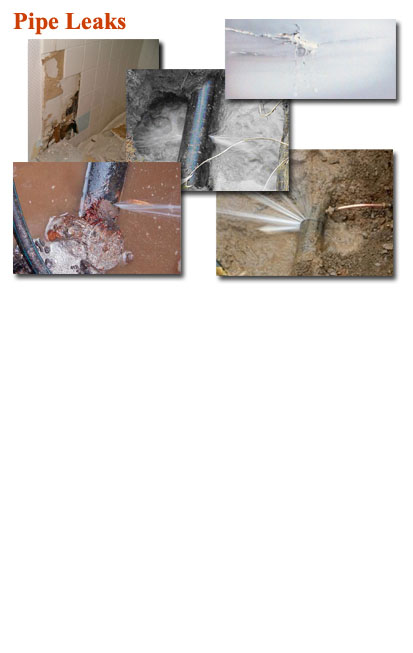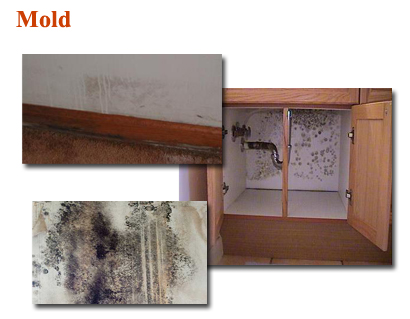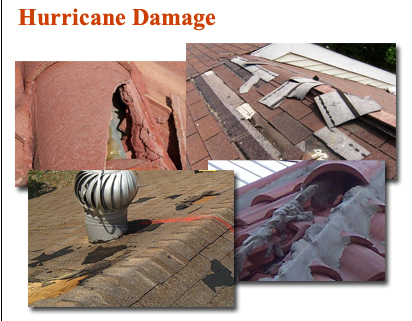|
|
|
|
|||||||||||||||||||||
|
|
|
|
|
|
|
|
|||||||||||||||||
|
|
 |
|
|
||||||||||||||||||||
|
In the event that you have a sudden leak in your home or condominium, you should follow these steps. Call your plumber and if you don’t have one, check www.servicemagic.com. This website can provides a list of pre-screened contractors to come to your home and help you stop the water damage and assist you in removing water from the property. These guys are highly reputable and they pre-screen contractors to make sure they are fully licensed and insured. Call your Neighborhood Public Adjuster. We will come to your house as soon as you need us and will examine the policy and advice you of your rights under the policy and provide proper claim representation. We have the equipment, the expertise, and the desire to help you with your claim at a time when you need guidance the most. We will be there to meet with the Insurance Company’s adjuster to make sure that the damages are assessed properly. Remember, the insurance adjuster gets paid by the insurance company and his job is to “save” them money. This is no secret. Their job is to EXCLUDE the damage or as much of it as possible. Some insurance companies are notorious for paying to “REPAIR” damages, while your policy may be written for “REPLACEMENT” coverage. In other words, they are likely to pay to cut out a piece of a wall and paint it, while your policy may require that the entire wall come out and be painted. Lastly, Take pictures of everything and document in a pad all the items that have been damaged. Beware of Water Restoration companies that tell you they “can handle your claim”. Although it is nice that they want to do that, they are not licensed adjusters. Therefore they do not have the training and expertise in policy interpretation and how that applies to you. They may actually hurt your claim by not knowing what is covered and some times even inflating their bill so they can get paid. |
|
|
|||||||||||||||||||||
|
|
|
||||||||||||||||||||||
 |
My roof is leaking, what can I do? Roof leaks can happen as a result of damage to the membrane that protects the decking. This can happen as a result of storm wind, flying debris, or even age or improper installation. In the event of a roof leak, most policies cover the damage caused by the water but the replacement of the roof itself is not covered. When there is a leak, normally water comes down and it stains the ceilings, walls, and at times cabinets like the photos here show. All this has to be replaced and the insurance company should pay to replace this if you have the proper coverage. How much of the water damage will they cover? Well, it depends because we have to follow the trace of the water. Normally, when we show up, we take a moisture reading of the drywall, plaster, cabinetry, or flooring. If we find moisture reading above 35%, then we know we need to start dry-out or the walls will be ruined. You will then need to contact the proper licensed, insured, or bonded water remediation company to install the proper approved equipment to dry out the moisture in the walls. This should be covered by your policy. If moisture reading is above 35%, and you don’t dry the walls out, this could lead to mold growth. NOTE: if you neglect to properly treat your walls, cabinetry, or flooring after a leak of any kind, the insurance company may deny payment because they can argue that you allowed the damage to be more serious. Anyway, you are required under your policy to take all measures possible to stop the cause of damage. To be more certain, you should give us a call and ask for your free inspection. We can guide you navigate those waters properly. Our inspections are FREE. |
|
|
||||||||||||||||||||
|
|
|
||||||||||||||||||||||
|
|
|
|
|
||||||||||||||||||||
 |
Does my insurance company pay for mold? It depends. Most policies being written these days exclude mold by itself. However, if mold grows out of sudden leak and is hidden in the walls, in the attic, or under the floor, and it can be linked to a covered event, then the mold remediation should be covered. Mold remediation is big business in this state so you should contact several different Mold Remediation companies and ask them to give you Remediation estimates. Compare them and look for the one that makes sense to you. Again, make sure you are contracting with licensed and insured Mold contractors. You should be aware that besides excluding mold, most insurance policies provide a Mold Remediation Maximum coverage. This can be $10,000 or $15,000. Check your policy. If the mold is there as a result of slow seepage or age or neglect, the insurance company in most cases, will deny payment. Before you submit a claim for mold you should let us give you a free inspection. Mold spores can be very dangerous to your health. If you want more information about mold, download your free pamphlet from the “Resources Page”. |
|
|
||||||||||||||||||||
|
|
|
||||||||||||||||||||||
|
|
|
||||||||||||||||||||||
 |
What do I do in the event of a fire? Fire is an unfortunate event that is covered by most policies I have seen. Once you get over the shock of having lost your personal belongings, you should realize that Fires are very important to the insurance companies. These are their biggest claims and they send their best. You are possibly most vulnerable here because you are dealing with their best and yet your head is mombo jumbo of worries that range from grief over the loss of your possessions to worries about where you’re going to sleep next. When a fire happens, your life gets turned upside down. You can’t find important items like your phone, or your keys, or wallet. You are shocked by the destruction of personal items that have high value to you and your family. The last thing on your mind is that you may get short changed by the insurance company, and to boot you are forced to deal with about five different contractors at the same time. First you have the fire department. Second, you have the water removal people. Third you have the content restoration people. Fourth you have the general contractors. And fifth, you have the public adjusters. Unfortunately, in addition to having lost important documents and personal belongings, you now need to find a place to spend the night and perhaps the next 5 or 6 weeks. By the way, the Public Adjuster cannot contact you during the first 48 hours, but he should be the first person on the scene because he is the one experienced in construction, policy interpretation, and how to handle the insurance company ON YOUR BEHALF. So, in the event of fire, you MUST CALL US FIRST. This process can take as much as three months by the time you are back in your house. Quite frankly, this is where we shine because we do what most adjusters are not willing to do. When we come in the claim we help you manage all the contractors. Yes, that’s right. If you have a fire and you hire us, we can project manage or at least direct you in coordinating all the services that you need from finding a place to live to rebuilding your house again. Now, we DO NOT CHARGE extra for that and we do not take kick backs from contractors. We understand the madness of the situation but are very experienced handling all aspects involved in this situation. This is amazing value added for maximum peace of mind and best results. |
|
|||||||||||||||||||||
|
|
|||||||||||||||||||||||
|
|
|||||||||||||||||||||||
|
|
|
||||||||||||||||||||||
 |
I have old damage from Hurricane Wilma, what can I do? Hurricane Wilma hit Broward County hard on October 25, 2005. If you had damage from Hurricane Wilma and were not satisfied with the payment they made in your claim, then you still have time to re-open that claim. Hurricane damage can still be seen much throughout Broward County, especially in Hollywood, Miramar, and Hallandale. Most folks got paid properly but if you are among the ones who were less fortunate, you can still re-open the claim. We come out to the property, do an inspection and advice you whether is beneficial to re-open the claim. On a supplemental filing, we re-do an estimate just as if we were there the day of the storm. We then submit it to the insurance company on your behalf. We then meet at the property with the insurance company’s adjuster. Once we agree on a scope and price, we can settle the claim on your behalf for an agreed new settlement. Our fee on a supplemental claim is 25% of new additional money. |
|
|
||||||||||||||||||||
|
|
|
||||||||||||||||||||||
|
|
 |
|
|
||||||||||||||||||||
|
|
|
||||||||||||||||||||||
|
|
|||||||||||||||||||||||
|
|
|
|
|
|
|
|
|
|
|
|
|
|
|
|
|
|
|
|
|
|
|
|
|